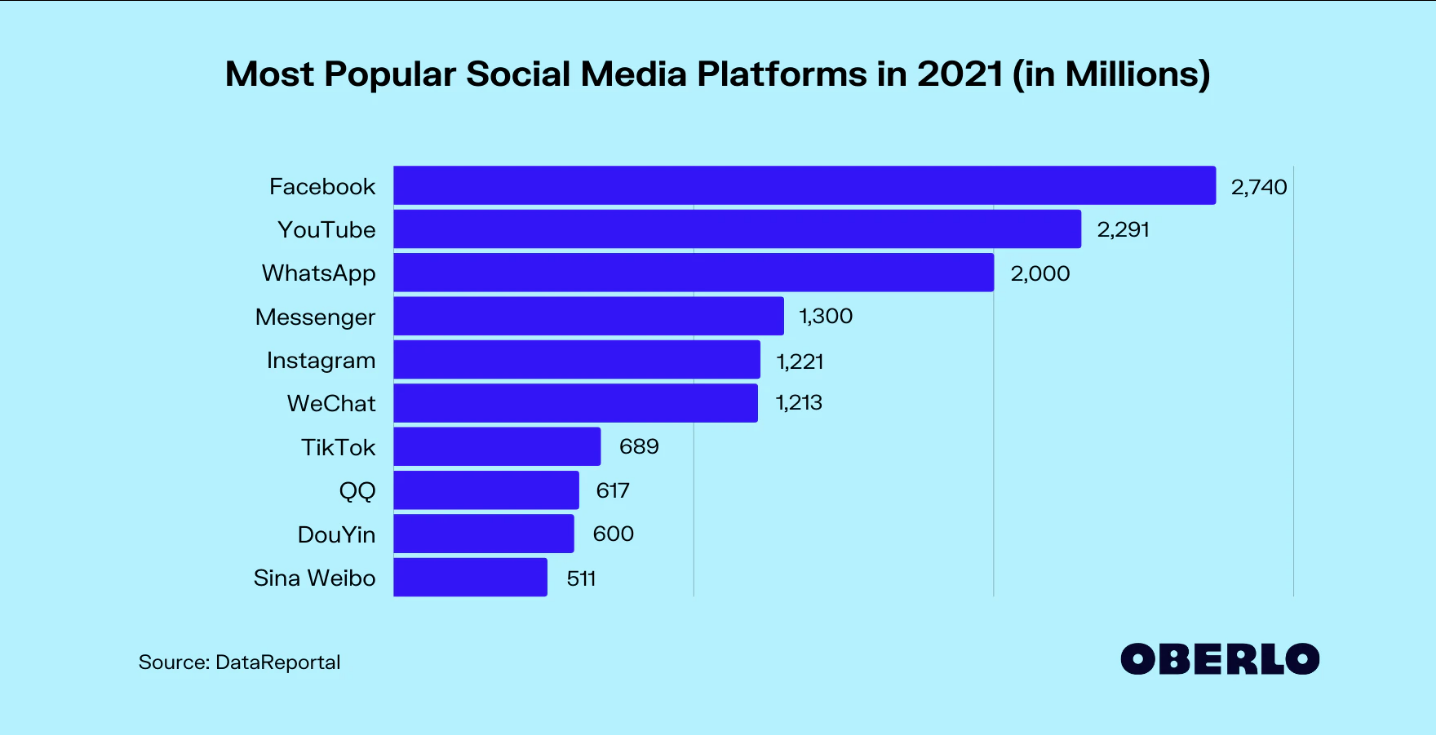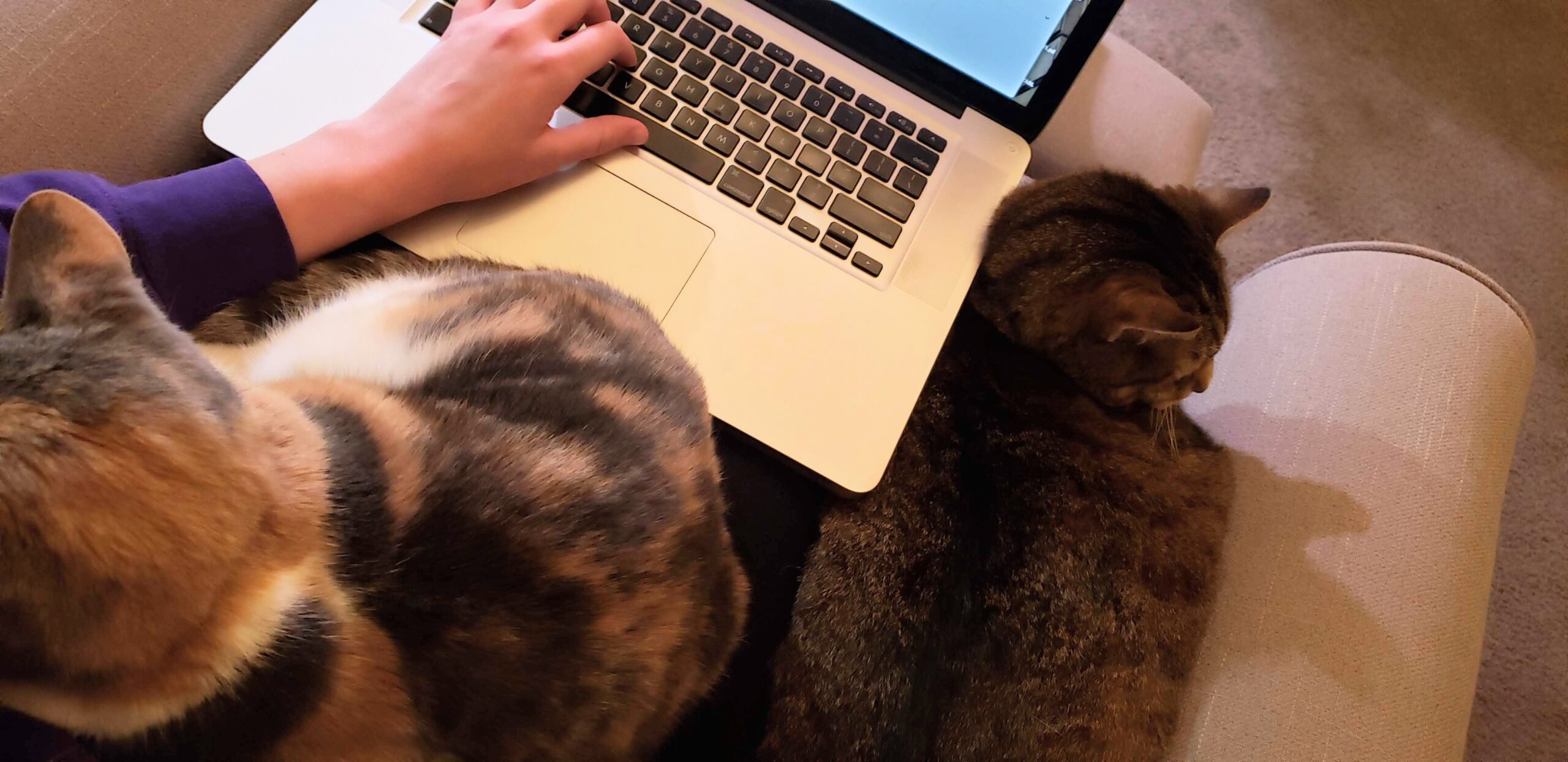So there’s a concept espoused by Mark Zuckerborg that I keep coming back to lately. To loosely explain it, he believes that everyone needs a Facebook profile (shocker) and that one, singular profile of you should be sufficient for absolutely everything in your life because having multiple profiles would mean that you’d be somehow lying about who you really are and that means you lack integrity and like why on earth would you want to say something to your bestie that you wouldn’t say to your boss? Obviously, we know that the Zuck only exists to Win Capitalism™ and his chosen medium to achieve that is ~social media~ so it makes sense that he would want everyone to be his chattel consumer base, so I am perfectly happy disregarding everything he says.
However. Is he right? Is it possible that, by sectioning off parts of your life (facets of your personality?) that you aren’t being true to yourself? Could it be the case that when you behave differently around your children compared to when you’re at work you lack integrity? And that’s to say nothing of possibly being a different person at age 15 versus age 50, the horror.
The Questions
I think all of this comes down to the questions: Who are you, and how do you know? Are you your occupation, your role in society, your preferred hobbies? Are you your gender, sexual, racial identities? Are you the culture you grew up in, or the one of your ancestors? Are you your MBTI, Big Five, Enneagram, astrological sign, Hogwarts House? Are you a cat person or a dog person? Are you the things that you have learned, or the things that you have done? Are you the things that you dream about?
Oh, and one more question: does it matter? Is it important to be able to put a precise label on who you are?
Personality As Labels
All of the factors that might go into your personality serve to help define where you fit in society. They can help you find other people like you, who therefore may understand you better and make you feel accepted and seen. They can be an easy shorthand for defining what makes you you — because no one has the time for lengthy explanations.
It also matters to companies who want to sell you things. If they can convince you that their product is for your type of person, they’re more likely to sell you on it. Having pre-defined labels and categories makes their marketing so much easier.
What Are Labels?
We can know that this is about making defining people easier by looking at labels that aren’t strictly one thing or another. Bisexuals face erasure and skepticism from both straights and gays. Afro-Latinos often struggle to find a place in either black or Hispanic spaces. Some people like both cats and dogs. Having identities that aren’t simple cut and dry is definitely not de rigueur.
Additionally, we know that everyone will have at least one identity that changes over time: what age you are. You won’t stay young forever, but there is an absolutely massive market dedicated to helping you stay within that identity for as long as possible. Alternately, the concept of childhood has shifted and broadened and sub-categorized in the last century or so, creating new potentially marketable identities.
Another identity that most people will experience a shift in is ability level. Every one of us is to some extent differently abled in some fixed sense: some are short, some left handed, some neurodivergent, and so on ad infinitum. Shifting ability level can also be simply as you learn how to do things better, from literacy to playing an instrument to reading your cat’s emotions; it can also be shifting health, such as loss of mobility as you age, weakening eyesight, or as a result of disease or illness or accident.
Personality vs. Identity
But identity isn’t personality, which is what we were originally talking about, right? Well, maybe. Identity is the outward label we give to things that we are, while personality is built of how we are; how we behave and think and engage with the world around us. By necessity, this outward expression of our inner personalities will change based on the external situation. That isn’t a lack of integrity. That’s rational.
So was the Zuck talking about identity or personality? What is your social media profile: a reflection of your self, your personality; or is it a collection of your identities that add up to the external expression of your self? Which is easier to commodify? And then which, if either, do we mean when we tell someone to “be yourself?”
More on this next week.
In the meantime, I don’t have any recent readings that directly relate to this. This Anne Helen Peterson piece covers one aspect of changing age identities. This NCHR article on social media use and mental health is applicable to everyone. This short video is to remind you that acting the same no matter the situation is unadvisable.
And of course, if you liked this, you might also like some of my other musings on topics, like truth and reconciliation or making space. Or if you didn’t like this, sorry?




